For the love of lurchers
We discovers why lurchers are one of life's guilty pleasures.
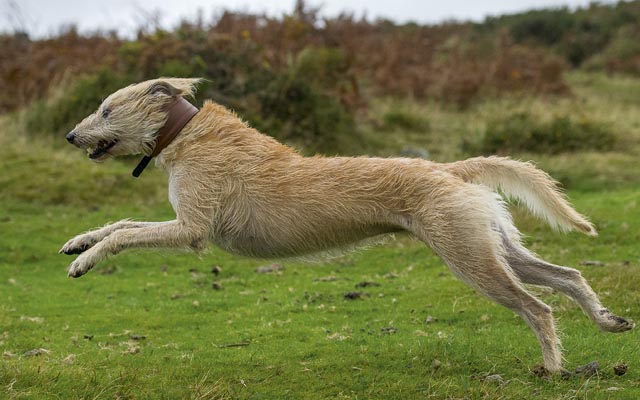

Of course, they’re the scamps of the canine world, without place or pedigree, but there’s something about lurchers, descended as they are from deerhounds, whippets, greyhounds and salukis (sometimes with a bit of collie or Bedlington terrier thrown in for good measure), a certain je ne sais quoi that defines their owners as true countrymen. In fact, lurcher admirers will insist that theirs is the ultimate sporting dog.
For centuries, they’ve been tearing around the countryside in pursuit of rabbits, hares and deer, capable of reaching speeds of 40mph over open ground. In his book The Complete Lurcher, noted breeder Brian Plummer has them down as originating in Ireland and entering the Norfolk flatlands in the 14th century, where they were used as drovers’ assistants.
Useful they may be under the right circumstances, but lurchers have always had a naughty streak a mile wide. The Earl of St Germans had a famously raffish one, Cracky, who would roam the southern Cornish parishes in search of unsuspecting local bitches. He’s said to have begotten at least 70 litters and ended up with his own column in the Western Morning News.
Another devotee is Ralph Rayner, who runs the family’s Ashcombe estate and shoot near Dawlish in south Devon. ‘They’re definitely not dogs to have in built-up areas,’ he cautions. ‘My brother Giles was given a lurcher, Mali, as a wedding present and, when we moved down from London in 2010, we were able to accept one of his puppies.’
Mara, now four, was named after the Maasai Mara: with her brindle colouring, she rem-inded him of the African wild dogs he’d seen on safari. Unusually for a lurcher most keepers go green at the gills at the sight of a long dog around pheasants she picks up on shoot days and is ‘brilliant with our young children’. And Mr Rayner’s parents, who initially had misgivings about lurchers, have experienced a Damascene conversion in fact, they’ve just taken on one of Mara’s puppies.
Lurchers have carved out a place for themselves in folklore and literature, cropping up in the illuminated Book of Kells and in Sir Walter Scott’s historical romance Ivanhoe Gurth the swineherd owns one named Fangs. Plenty of modern writers are devoted to them, too, including Jilly Cooper. On a visit to the Dogs Trust in Evesham some years ago, a mongrel puppy with a speckled face app-roached her. ‘She was the runt of the litter and was simply adorable she melted my heart.’
Thus began her 15-year relationship with Hero, her lurcher bitch. Being a rescue dog, she wasn’t always the well-behaved beauty of popular fiction: ‘She would nip my husband Leo’s toes if he walked past and was not infrequently found eating something off the kitchen table.’ But their long and treasured friendship was a symbiotic one. ‘She was gorgeous, friendly and well mannered. I always thought of her as an upper-class greyhound.’
Sign up for the Country Life Newsletter
Exquisite houses, the beauty of Nature, and how to get the most from your life, straight to your inbox.
Dorset-based sculptor Simon Gudgeon (Country Life, August 20) has been in love with lurchers for just as long. ‘I blame my wife, Monique, who introduced me to them when we met 17 years ago,’ he says. ‘Pippin was a grey, long-coated, mid-sized lurcher with whom we went on long walks when we lived in West Sussex.’ There’s a spot referred to by all as ‘Pippin’s Garden’ at their home, where the gnomon the part of the sundial that casts the shadow is the head of a lurcher, carved in her memory.
Today, the Gudgeons have three lurchers: Kipper, who belongs to Mr Gudgeon’s mother and is, he admits, ‘a bit keen on cats’, pocket-sized Mink and Mr Wolf, who was a foundling, brought to them by a friend who discovered him tied to their gate. ‘He’s a real gypsy dog and would have no trouble pulling down a deer.’ The lurchers walk themselves around the lake and offer a friendly welcome to visitors. ‘They’re like cheetahs: a short burst of energy and then they’ll sit in the sun all day.’
Anyone who has experienced an Irish gypsy campfire, as I did in childhood, will know that a lurcher is never far away. They are to the gypsy what a parrot is to a pirate and have a reputation as dogs of the open road. And the word lur in Romany means thief, something to which many a modern owner will attest.
‘She is a thief, there’s no other word for it,’ sighs Alice Uloth, the 14-year-old daughter of Cordings managing director Noll. Recently, her lurcher Teasel stole an envelope with £50 in it meant for the farrier. He took it to the bank and, luckily, the bits were accepted. All was soon forgiven. ‘When she runs to you with her ears back, that’s beautiful and rewarding.’
Miss Uloth was born to be a lurcher owner: her father had one before she was born and had been wanting another ever since. After scouring the local papers for months, the Uloths eventually found Teasel, who was living in bucolic splendour with a thatcher in nearby Devizes in Wiltshire—her kennel even had a thatched roof. She and Miss Uloth have met their match in each other: ‘She has a lot of energy, but so do I. The other day at a tetrathlon, we both jumped a 4ft showjumping pole.’
Lurchers will muck in cheerfully with family life, even if the cat may be less enthusiastic about their arrival. Grania Maynard and her landscaper husband, Matthew, share their Gloucestershire home with four-year-old Scribble and three boisterous young boys. ‘She keeps them entertained and they play with her all day,’ says Mrs Maynard, who’s the daughter of former Heythrop masters John and Liz Wills and exercises her horses most days with Scribble in tow.
Recently, however, some adjustments have had to be made to the routine: Scribble has just had puppies in an ‘accident’ with another local lurcher. ‘I always said, if she had a litter, I’d like it to be by that good-looking village dog,’ laughs Mrs Maynard. ‘At least we saved on the stud fees.’
When Rosie Till, whose father, Patrick, founded the Hunsley Beacon Beagles, moved from her native Yorkshire to Devon this year, there was never any doubt that her six-year-old lurcher Wallace, named after legendary huntsman Capt Ronnie Wallace, would come, too. Fortunately, he’s very welcome in the office of Ride World Wide, where she arranges riding safaris. ‘He’s extremely soft, the loveliest dog and brilliant with children,’ she says.
The two of them are living happily in the market town of Hatherleigh and their garden backs on to the locals’ bar of The George hotel, where Ted Hughes wrote part of Moortown Diary. ‘I’ve now been joined by my horse, Jemima, and Wallace will ride alongside me on Dartmoor and wait patiently for hours in the stable when I’m plaiting. If he chases anything when we’re out and succeeds, he’ll either stop and wait for me or come back with it at the same fast pace he left my side.’
‘Once you’ve had one, you want more,’ says Fi Mitchell, a farmer’s wife and Duke of Beaufort’s subscriber. ‘They’re completely lovable.’ She became a lurcher owner in 1990, when her aunt gave her Cheetah, a majestically named deerhound-greyhound-saluki cross. ‘I still have her great-great granddaughter, Thumpa, to this day.’ She’s just got another puppy from Victoria Farquhar, daughter of Beaufort joint master Capt Ian Farquhar. How do the Mitchell lurchers get on with their two labradors and terrier? ‘They keep their own company and you don’t trip over them in the kitchen,’ she says. And come bedtime? ‘It’s the armchairs,’ she smiles.
You know you’ve got a lurcher when…
- Whole joints, cakes and pats of butter have gone missing from your kitchen
- You go downstairs in the middle of the night and get goosed by a shaggy apparition
- You find yourself examining the Hunting Act in minute detail
- The family pet rabbit looks terrorised
- You’ve paid more than one stitching bill at the vet’s
- You’re forever being approached with paternity suits
- The local gamekeeper gives you an unwelcoming stare in the pub
National Lurcher & Racing Club (0115–978 1542; www.nationallurcherclub.co.uk)
Greyhound and Lurcher Rescue (www.greyhoundandlurcherrescue.co.uk)
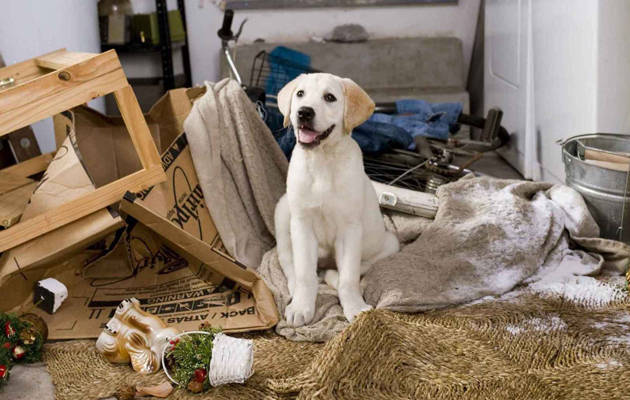
Do you own Britain’s naughtiest dog?
In celebration of loveable canine scamps, we've launched a competition to find Britain's naughtiest dog. If your dog fits the
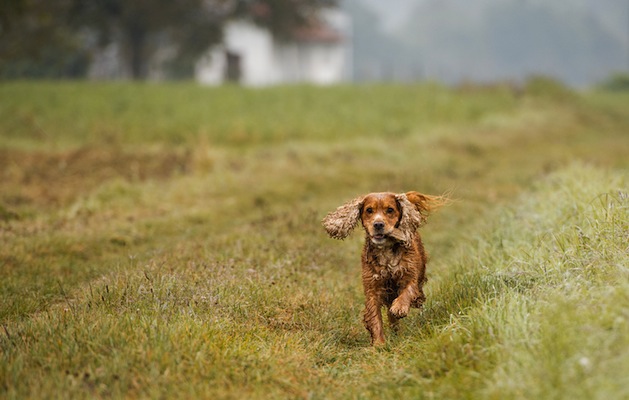
Top 5 National Trust properties for dogs
You and your four-legged friend are guaranteed a great day out at one of these dog-friendly National Trust properties.
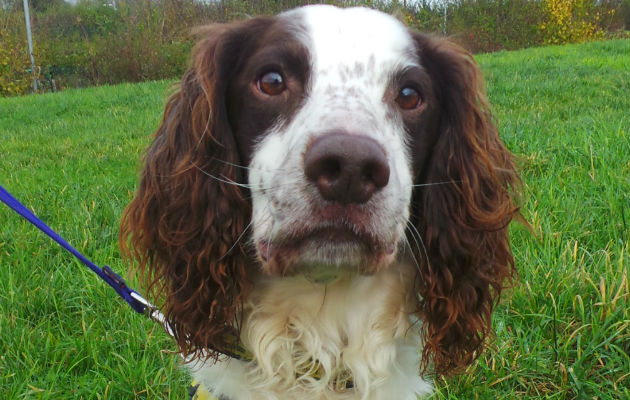
The first dog of Christmas...Patrick the springer spaniel
Patrick is the first dog in our Twelve Dogs of Christmas series with the Dogs Trust.
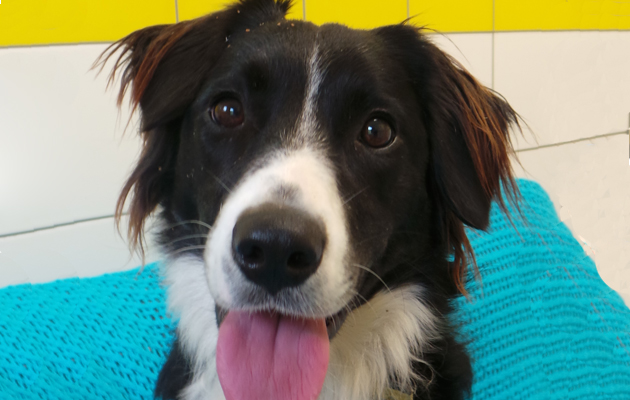
The second dog of Christmas...Bella the border collie
Bella is the second dog in our Twelve Dogs of Christmas series with the Dogs Trust.
Country Life is unlike any other magazine: the only glossy weekly on the newsstand and the only magazine that has been guest-edited by HRH The King not once, but twice. It is a celebration of modern rural life and all its diverse joys and pleasures — that was first published in Queen Victoria's Diamond Jubilee year. Our eclectic mixture of witty and informative content — from the most up-to-date property news and commentary and a coveted glimpse inside some of the UK's best houses and gardens, to gardening, the arts and interior design, written by experts in their field — still cannot be found in print or online, anywhere else.
-
 What should 1.5 million new homes look like?
What should 1.5 million new homes look like?The King's recent visit to Nansledan with the Prime Minister gives us a clue as to Labour's plans, but what are the benefits of traditional architecture? And can they solve a housing crisis?
By Lucy Denton
-
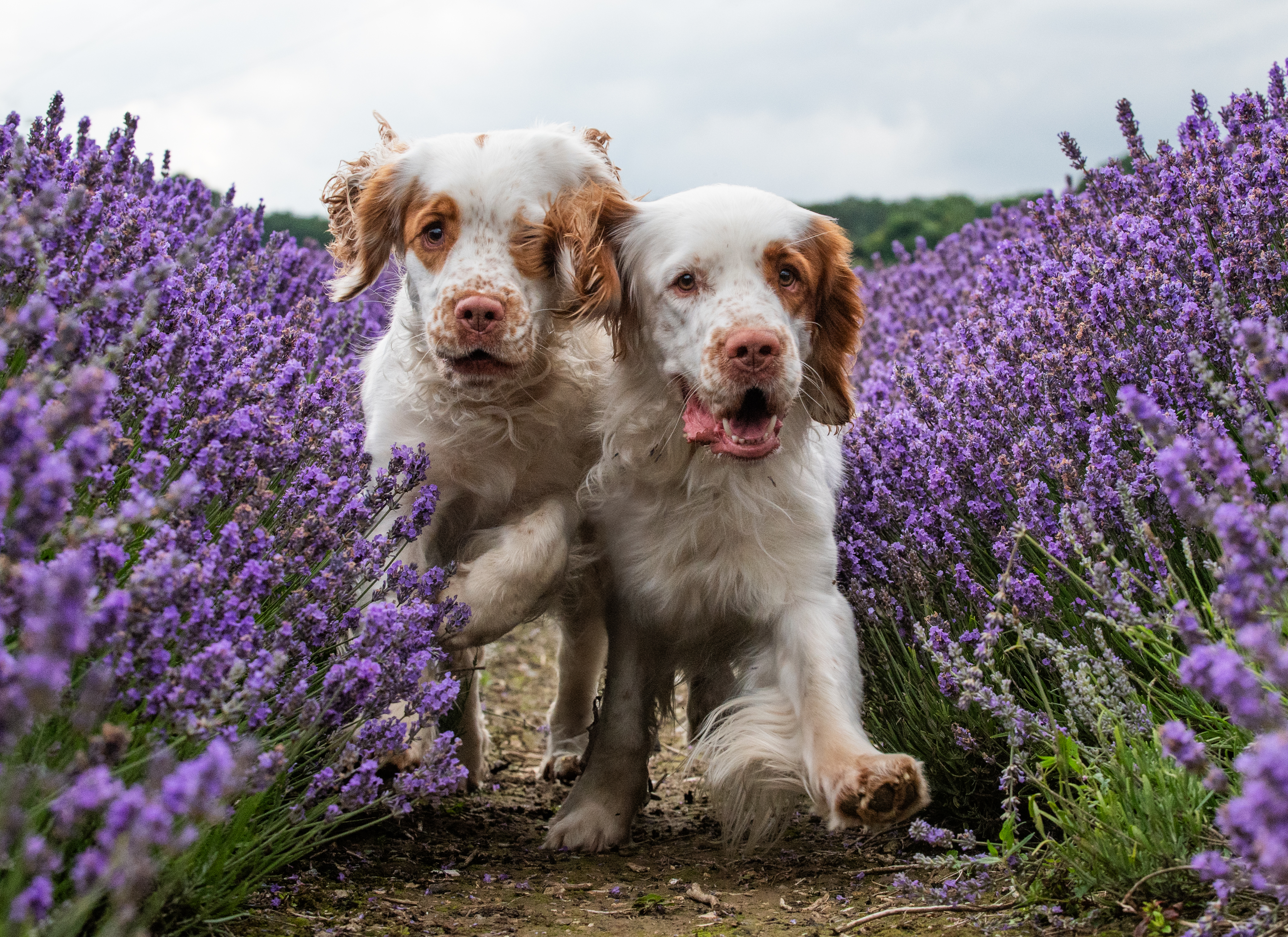 Having a ruff day: Kennel Club exhibition highlights the plight of vulnerable spaniel breeds
Having a ruff day: Kennel Club exhibition highlights the plight of vulnerable spaniel breedsPhotographer Melody Fisher has been travelling the UK taking photographs of ‘vulnerable’ spaniel breeds.
By Annunciata Elwes